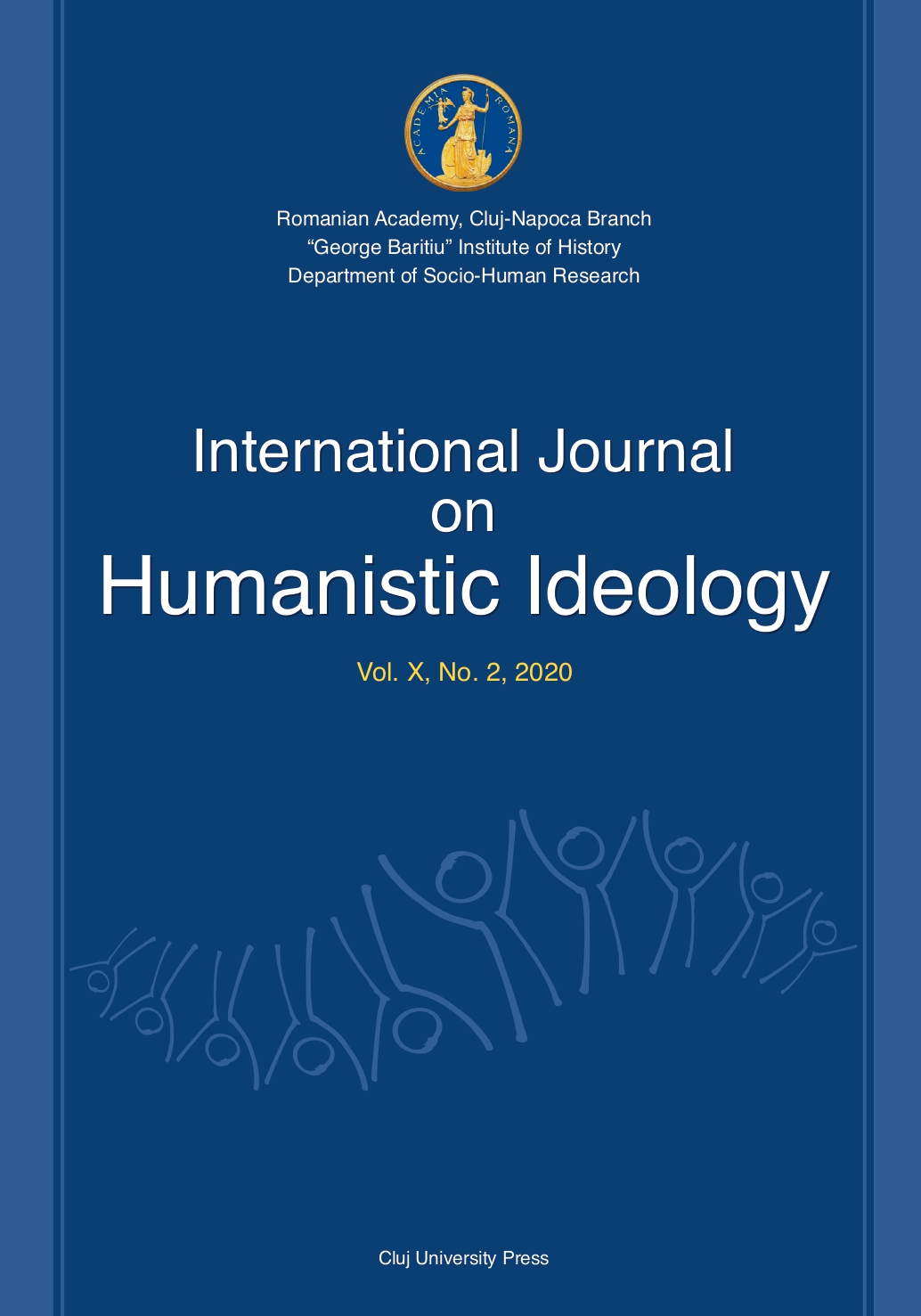Der unmerkliche Mangel und die Natur der Seele Zur „wahren Lust“ in Platons Philebos
The Imperceptible Lack and the Nature of the Soul.
On “True Pleasure” in Plato’s Philebus
Author(s): Antonino SpinelliSubject(s): Philosophy, Aesthetics, Ancient Philosphy
Published by: Presa Universitara Clujeana
Keywords: Plato; Philebus; true pleasure; soul; imperceptible lack;
Summary/Abstract: The account of “true pleasure” plays a fundamental role in Plato’s Philebus. It allows to distinguish, within the vast and varied sphere of pleasure, between those pleasures which hinder the realization of the good life and those that promote it and have to be accordingly admitted, alongside knowledge, among the elements of the best life. This paper focuses on a controversial passage (Phlb. 51b3–7), in which true pleasure is said to involve an “imperceptible lack”, which does not cause any suffering, as opposed to the painful lack which accompanies the lower “mixed” pleasures linked to sensible desires and passions. The passage seems to suggest that both false and true pleasure correspond to a general model based on the restoration of an original natural state through the compensation of a lack. I argue that this parallel is only extrinsic, since the nature which is restored is in the two cases of a totally different type. In lower pleasure it is the psycho-physical balance of the organism that has to be restored, whereas in true pleasure the human soul comes closer to its original nature, which was corrupted during incarnation, by perceiving beautiful objects and by acquiring knowledge.
Journal: International Journal on Humanistic Ideology
- Issue Year: X/2020
- Issue No: 2
- Page Range: 99-121
- Page Count: 23
- Language: German

